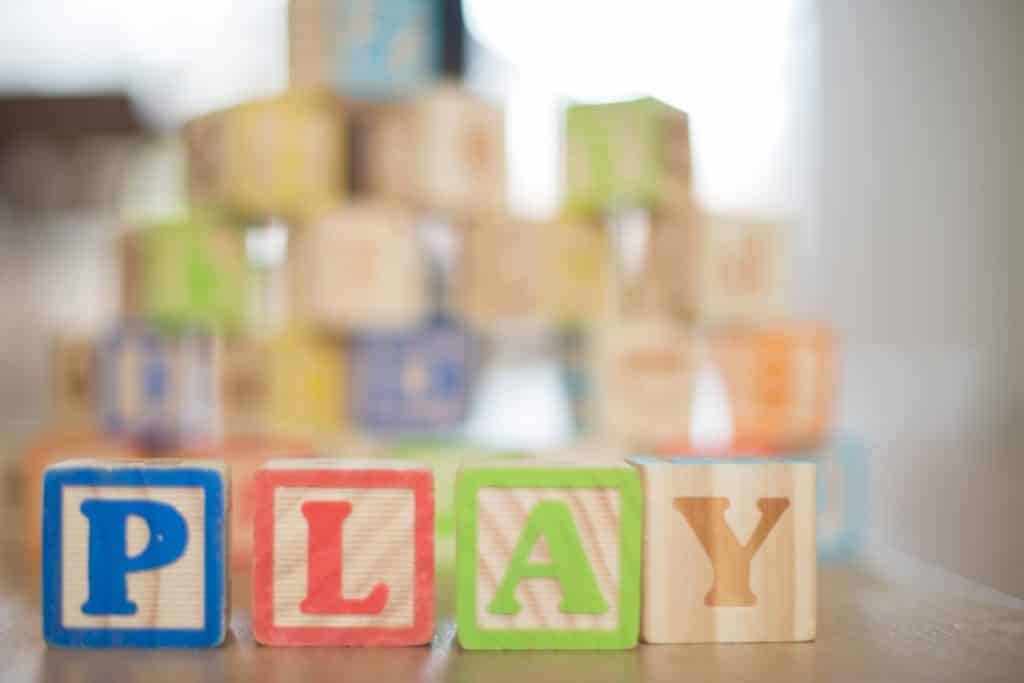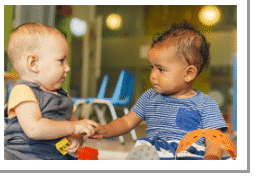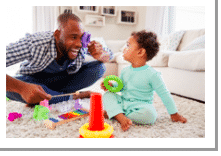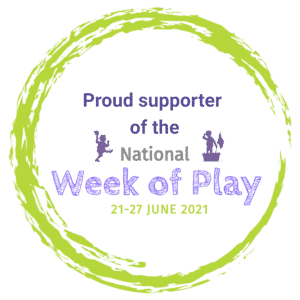
RESPOND, CUDDLE. RELAX. PLAY. TALK
How do you keep your baby occupied? You might feel you need to get the latest toy to keep your baby happy.
Toys and time to play.
The toy industry is a big business, and parents provide a lucrative market. Advertising message leaving many parents believing that the latest educational or activity toys are essential to their babies learning and happiness. While commercial toys can be exciting for young children , they will often be just as stimulated and entertained by everyday household objects at a fraction of the cost.
You can provide a stimulating home environment even if the cannot afford to by many toys.
- A mobile made by you would be so rewarding watching your baby’s reaction, hang to dangle over the changing mat this will be just as interesting to a baby as a costly bought version. Here are some you can download www.activityvillage.co.uk/mobiles
- A large cardboard box, sheets of paper, wooden spoons, saucepans and other household objects provide endless play possibilities.
- Measuring Cups – These things are the best. They make loud noises when hit together. They can scoop water. It’s amazing what your little one can find to put in a measuring cup. We used them a lot during water play.
- Muffin Tray – Another great activity for floor time. Put different items in for your baby to play with. To set this activity up all you need is a baking muffin tin (or similar) and a variety of safe objects for your baby to explore. Of course children love to put objects into their mouths so ensure what you are offering them has nothing that will break away or cause them any harm. Lets keep play safe.
- Container With A Lid – These can easily be made into a simple shape sorter or when your child gets a little older you can make it a little more challenging. Nothing is more fun than putting in and taking out. Cut a round opening in the middle of the lid and that’s it. In less than 30 seconds, you should be ready to play! Depending on your baby’s age, hand skills, and problem solving skills, you may need to demonstrate how to drop the balls in since they may not know what to do or may not be very accurate. Though this may seem like an incredibly simple activity, it actually promotes several developmental skills.
First of all, your baby will need to be able to sit up without the support of their hands for several minutes at a time (a skill that is expected to emerge around 8 months).
Your baby will have the opportunity to develop an interest in sounds (emerging around 5.5 months), as well as learn how to localise sounds by looking directly to the noise coming from down by his waist level (emerging around 9 months).
Your baby will learn the concept of object permanence (emerging around 7 months) as the balls “disappear” into the bucket, yet still exist.
They will be able to practice taking objects out of containers (emerging around 9 months), as well as putting objects into containers without having to put his hand in or lean it on the container (emerging around 10 months).
If your baby is a functional sitter but isn’t quite ready for such a small target, simply take off the lid and let him experiment with taking out and putting in.
I almost guarantee your baby will knock this container over while playing with it. That is great! It will give them a chance to exercise their problem solving skills and challenge their mobility as it rolls away.
In fact, they may even intentionally knock it down while sitting or push it and roll it around while learning to crawl because they like the way it sounds. As long as you supervise for safety, there’s really no wrong way to do this activity.
For more idea’s
What children really need most of all, of course is loving attention and companionship. Some parents may feel guilty that they are wasting time if they spend it playing with their baby when housework is piling up.
Playing with your baby is ‘Children’s Work’ you play a vital roll in supporting your baby’s learning and development. A busy child is likely to be more happier and more cooperative then a bored baby.
As part of the National Week of Play the Early Years Alliance have produced a series of Family Time Tip Sheets.






